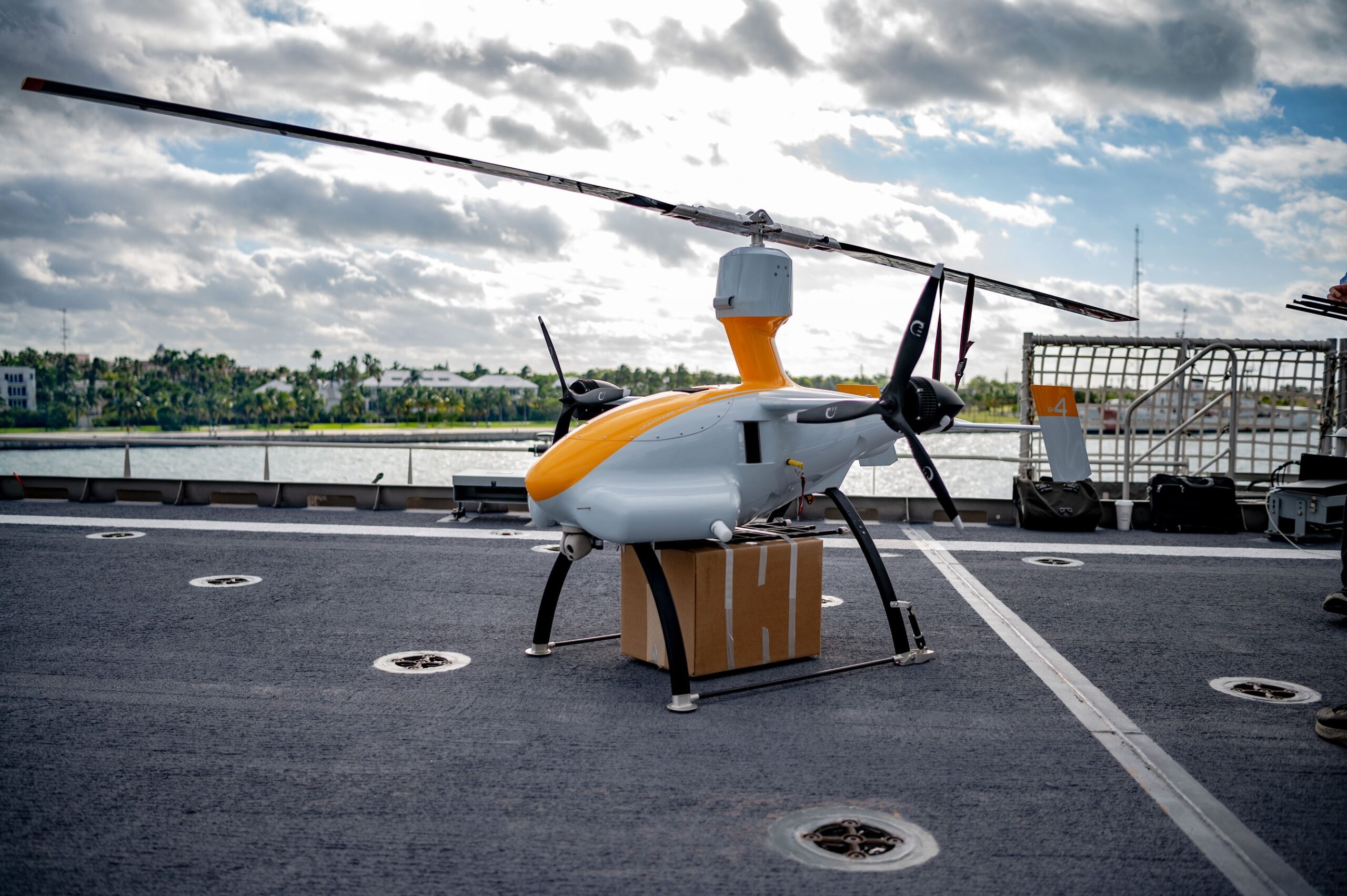Revolutionizing Unmanned Fleet Operations with Hydrogen Propulsion Technology
Key Ideas
- The U.S. Department of Energy emphasizes the role of clean hydrogen in achieving net-zero emissions by 2050, highlighting its potential in transportation and logistics sectors.
- DOE initiatives like the 'Hydrogen Earthshot' aim to reduce clean hydrogen production costs significantly, with a focus on expanding its use across various industries.
- Investments in hydrogen and fuel cell technologies, along with advancements in BVLOS regulations, could lead to a more sustainable, efficient, and capable unmanned fleet industry.
- Companies like Intelligent Energy are developing hydrogen fuel cells for drones, enabling longer flight times, operational efficiencies, and applications in various sectors, including energy inspections and military ISR missions.
The U.S. Department of Energy's National Clean Hydrogen Strategy underscores the importance of clean hydrogen as a key enabler in achieving net-zero emissions by 2050, particularly in sectors like transportation and logistics. The DOE's 'Hydrogen Earthshot' initiative aims to reduce clean hydrogen production costs significantly by 2031, with a target of $1 per kilogram. By 2030, the hydrogen economy could create 100,000 new jobs and support projects to enhance hydrogen usage in multiple sectors.
DOE's recent $46 million funding announcement for hydrogen and fuel cell technologies aligns with the goal of reducing costs and improving efficiency in transportation and industrial applications. The focus includes projects like domestic hydrogen fuel cell-powered motorcoach buses, reflecting a commitment to clean energy transitions.
Hydrogen propulsion technology offers operational efficiencies for unmanned fleets, extending flight times and enabling applications in challenging environments. The potential for BVLOS operations and advancements in AAM applications could revolutionize the industry's sustainability and efficiency.
Companies like Intelligent Energy are at the forefront of developing UAS-specific hydrogen fuel cells, allowing drones to operate longer and more efficiently. These advancements have led to significant benefits in various applications, from wind farm inspections to military ISR missions. The hybrid propulsion configurations offered by companies like Intelligent Energy ensure reliability and backup power, enhancing the overall operational capabilities of unmanned fleets.
Topics
Power
Clean Energy
Infrastructure
Sustainability
Energy Efficiency
Transportation
Clean Technology
Aerospace
Jobs
Latest News
